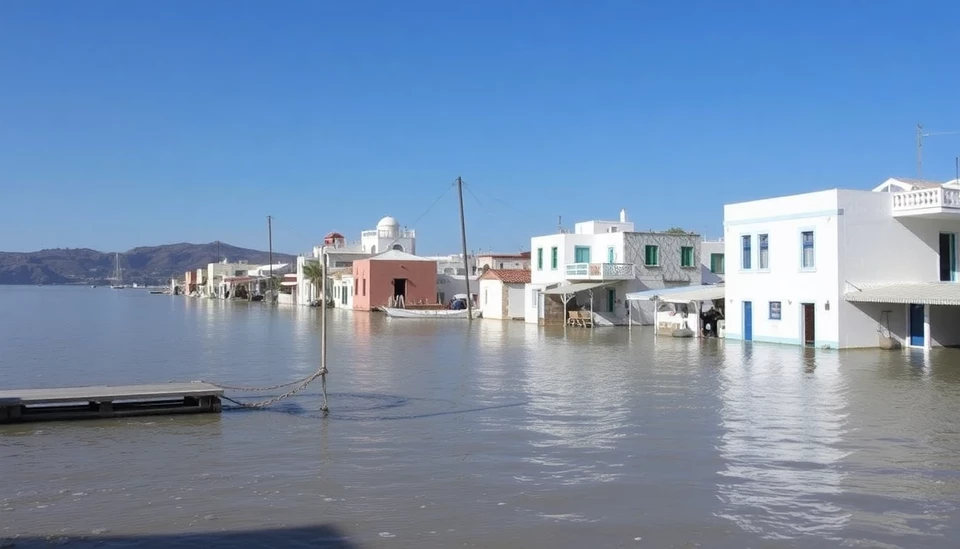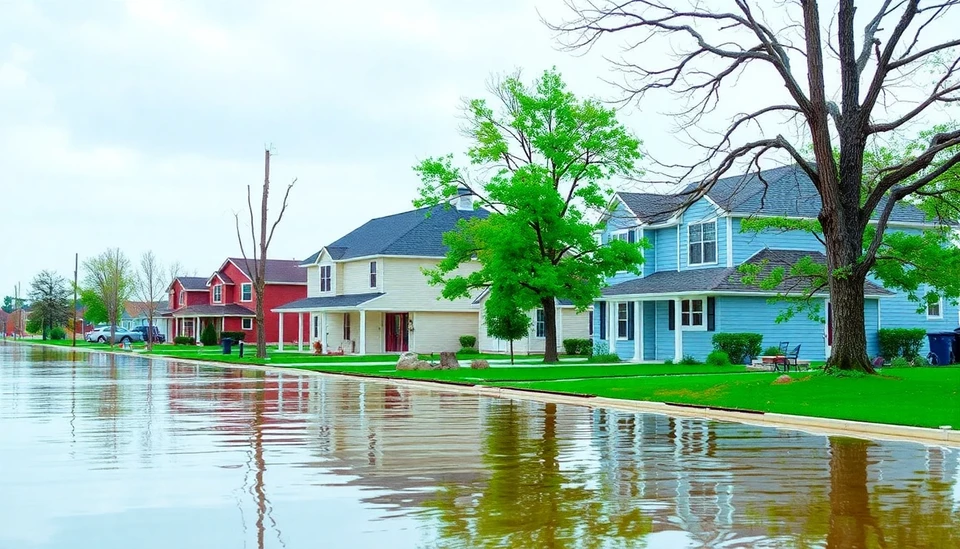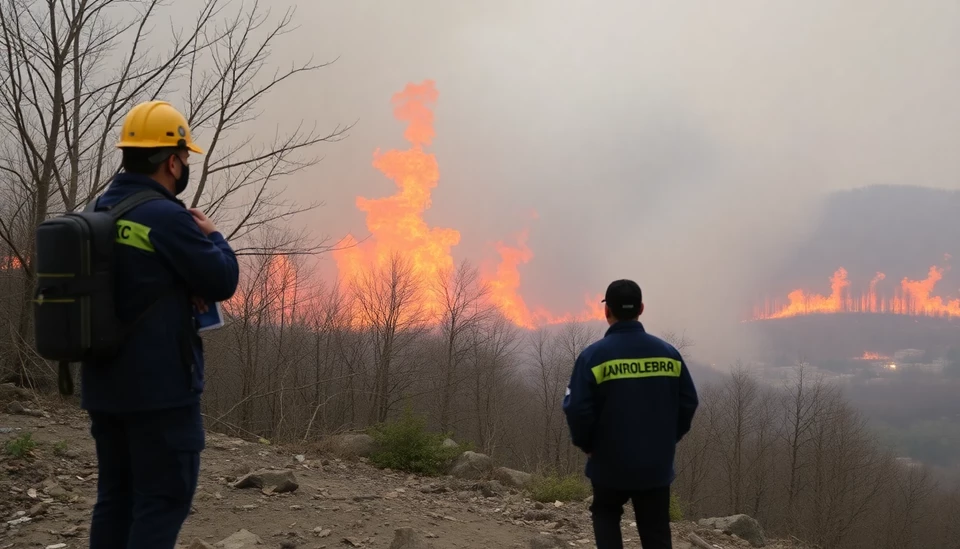
In a stark reminder of the increasing frequency and severity of natural disasters, new projections indicate that insurance companies are expected to face staggering losses of approximately $135 billion in 2024. This substantial figure, driven by a series of high-impact events, underscores the growing financial strain on the insurance industry as climate-related events continue to escalate.
The projection, provided by reinsurance giant Swiss Re, reflects the cumulative costs from natural disasters that have plagued various regions around the globe in recent years. Experts cite numerous reasons for this rising trend, including climate change, which exacerbates weather events by increasing the intensity and frequency of storms, floods, and wildfires.
This forecast comes at a time when insurers are already grappling with rising premiums and tighter underwriting standards. The anticipated financial impact of upcoming disasters poses a critical challenge for the industry, as stakeholder demands for comprehensive coverage clash with the realities of climate volatility.
A substantial focal point in this discussion is the recent history of natural disasters, which have already resulted in significant payouts for insurers. The past year's events alone have highlighted the vulnerabilities within many communities, as many areas struggle to recover from catastrophic incidents that disrupt lives and economies.
Among the key risk areas that may contribute to the projected costs are hurricanes, wildfires, and flooding. Major urban centers particularly are at high risk, as these locations face the dual challenge of high property values and existing infrastructure that may not be adequately resilient to withstand extreme weather events.
With governments and businesses alike seeking to mitigate risks, there is a growing emphasis on investing in disaster preparedness and building more resilient infrastructure. However, as climate change accelerates, industry experts warn that these measures may not be sufficient to counterbalance the impending financial burdens.
As insurers brace for the looming challenges of 2024, the focus on adaptation and risk management strategies becomes increasingly crucial. The upcoming year will serve as a critical juncture for insurance companies as they navigate the turbulent waters of a changing climate and its profound implications for their operations and overall sustainability.
The insurance industry’s response will not only shape their financial futures but also influence broader societal resilience against growing environmental threats. Stakeholders are urged to engage in proactive discussions surrounding climate adaptation strategies, sustainability practices, and community preparedness to lessen the impact of future disasters.
In conclusion, with a staggering $135 billion potential loss on the horizon for insurers, the imperative for action is clear. The future of insurance, especially as it correlates with climate dynamics, demands innovative thinking and collaborative efforts to safeguard against the challenges ahead.
#NaturalDisasters #InsuranceIndustry #ClimateChange #FinancialImpact #DisasterPreparedness #Sustainability #ResilientInfrastructure #2024Forecast
Author: Sophie Bennett




